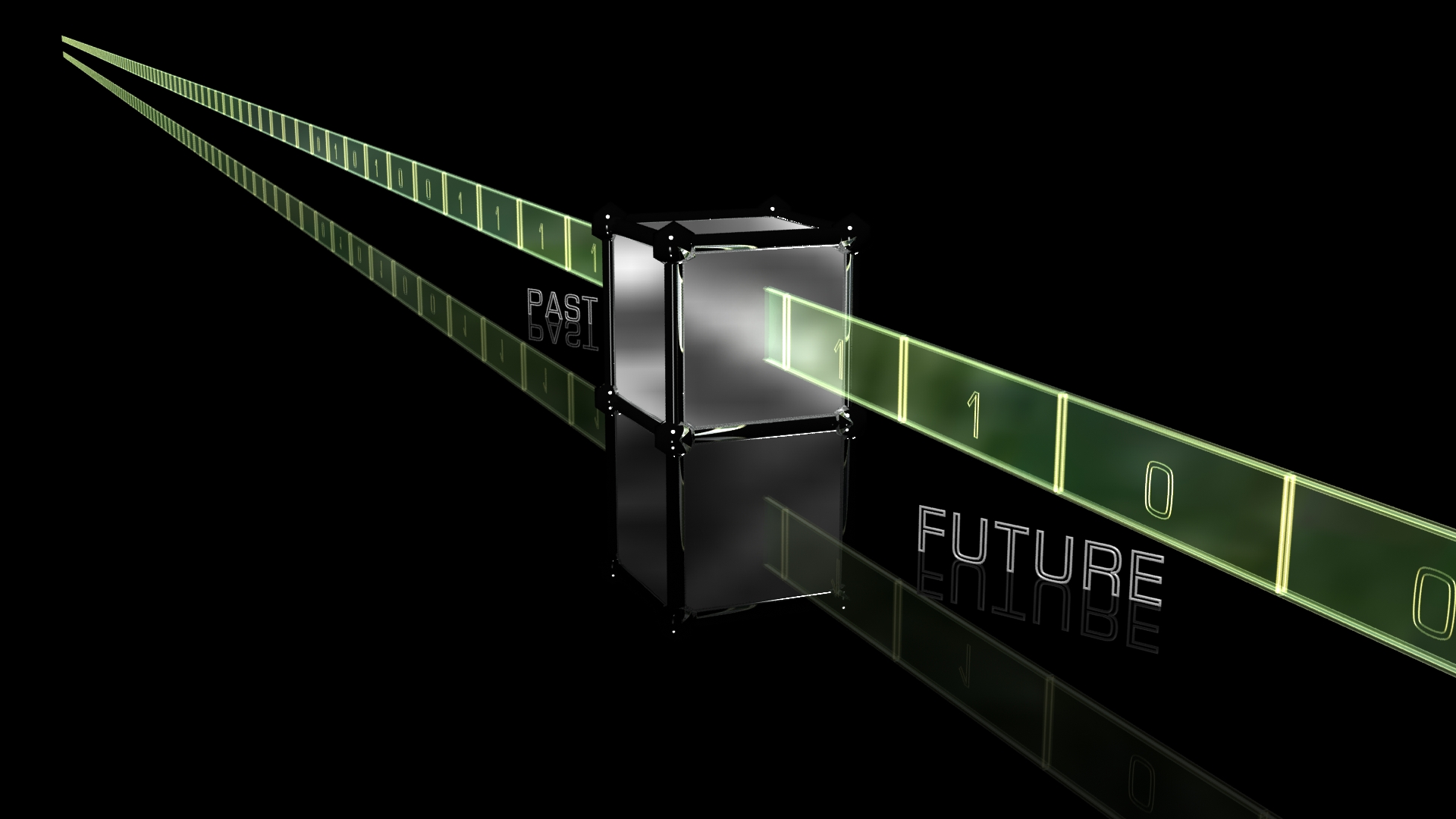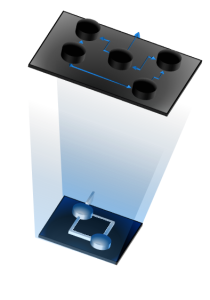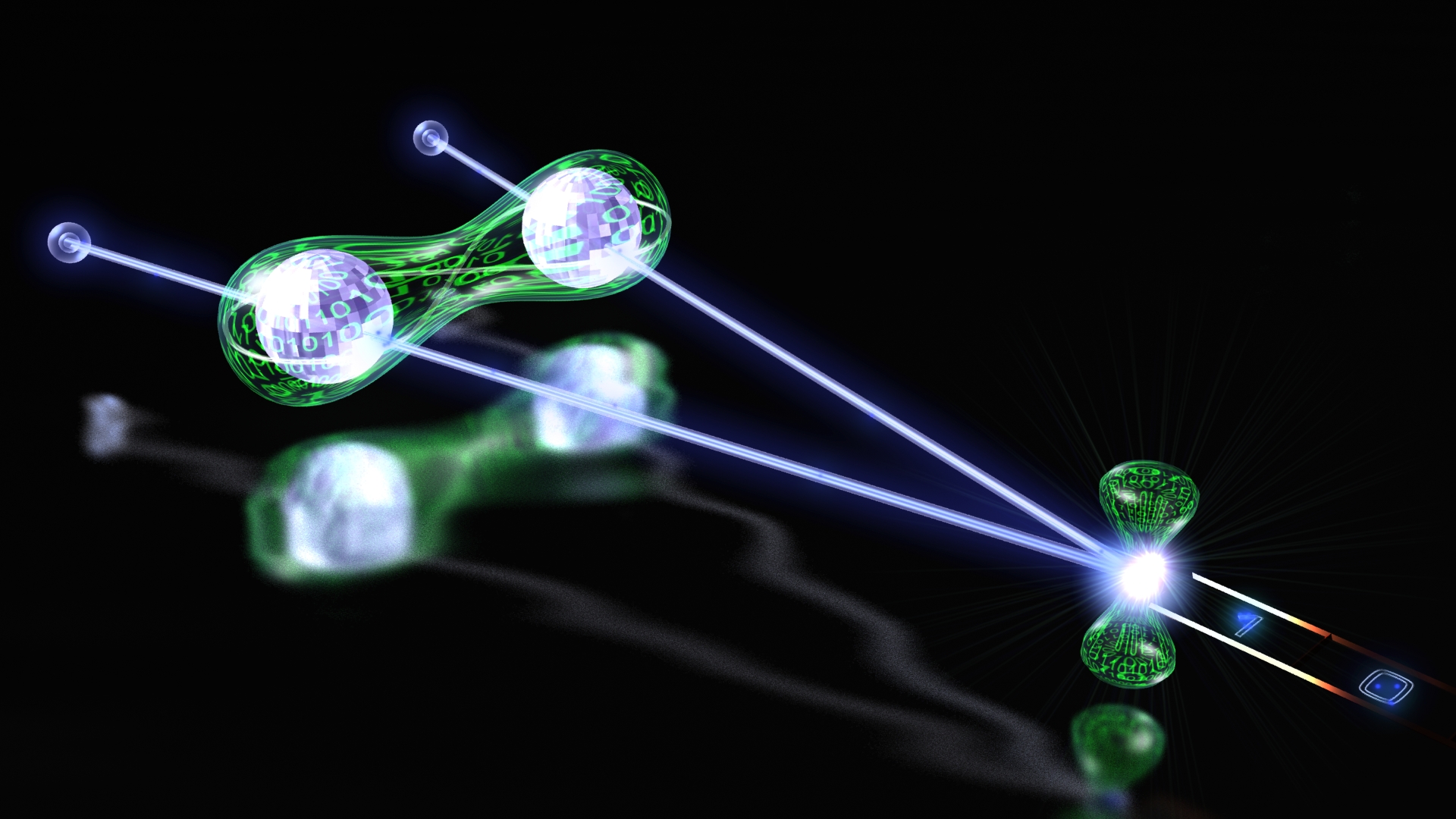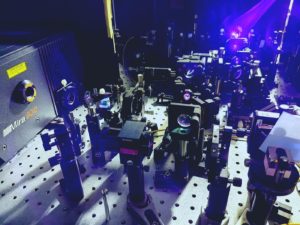 |
Quantum-Enhanced Intelligent Agents
Agents are everywhere - artificial intelligence playing do, traders trading stocks, a system trying to break contextuality inequalities -- all share in common that they need to remember information about the past to make the best decisions about a future. How much information do they need, and can quantum agents surpass the capabilities of their classical counterparts? Can quantum agents make decisions more efficiently, and do these lead to more efficient ways to analyse data? Sample Publications:
|

|
Using Quantum Theory to build more efficient simulators of complex systems What are the signatures of impending economic turmoil or meteorological disasters? Many pressing problems in science and society necessitate day-to-day predictions on systems of immense complexity. This motivated Complexity theorists to design sophisticated techniques for inferring predictive models from observational data. Yet inexplicably, even provably optimal constructions are inefficient – they track information which is statistically uncorrelated with future behaviour. Here, we ask if such inefficiencies can be mitigated via quantum processing and thus bring the benefits of quantum technologies to to modelling of complex systems. Sample Publications:
|

|
What are the resources behind Quantum Advantage?
Quantum computers are heralded to do many things that classical computers cannot, but what resource powers this advantage? For a long time, people thought that the main culprit is quantum entanglement - the unique quantum phenomena where the realities of two spatially separated particles are closely linked. Yet we now see that this may not be the full story. DQC1, for example, seems to allow us to compute the normalized trace of an exponentially large matrix in efficient time - and yet contain negligible entanglement. Meanwhile quantum illumination allows the better detection of faint particles far away in regimes so noisy that entanglement cannot survive. What other resources are associated with improved quantum advantage? We are interested in this question both for practical and foundational concerns. On the one hand, it can lead to noise-resilient quantum technologies; on the other it may tell us fundamentally what is quantum. This project is supported by the National Science Foundation of China. |




